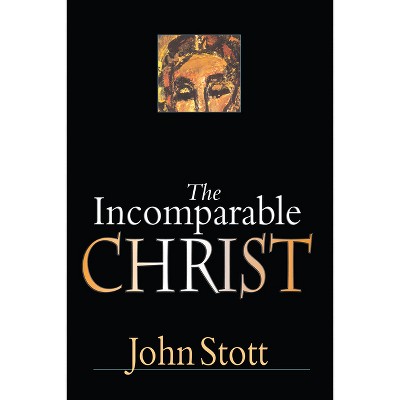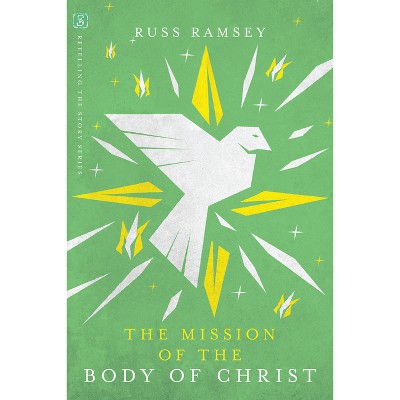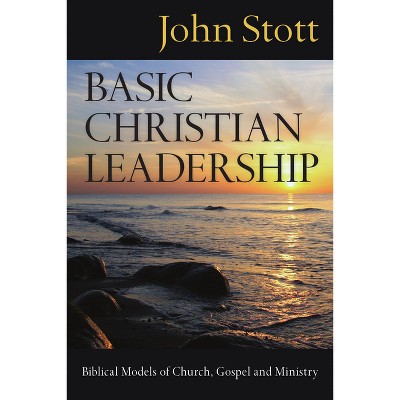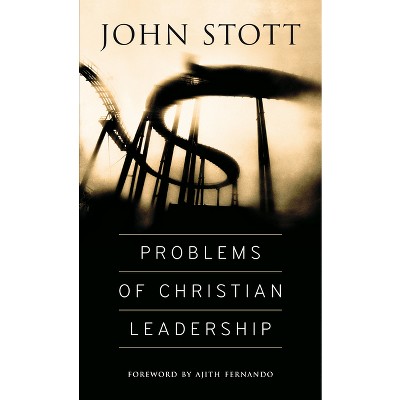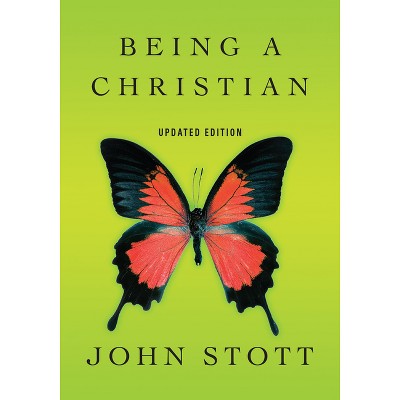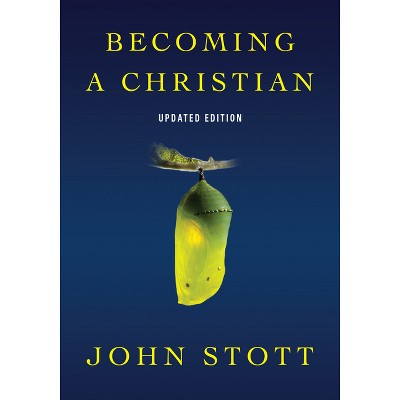Sponsored

Christ in Conflict - by John Stott (Paperback)
In Stock
Sponsored
About this item
Highlights
- Opening our eyes to the persistence of the controversies that followed Jesus throughout his public ministry, John Stott explains why the tension-filled social exchanges depicted in the Gospels provide us with a key to the heart of Christian doctrine.
- About the Author: John R. W. Stott (1921-2011) has been known worldwide as a preacher, evangelist and communicator of Scripture.
- 208 Pages
- Religion + Beliefs, Biblical Studies
Description
About the Book
Opening our eyes to the persistent controversies that followed Jesus throughout his public ministry, John Stott explains why the tension-filled social exchanges depicted in the Gospels provide us with a key to the heart of Christian doctrine.
Book Synopsis
Opening our eyes to the persistence of the controversies that followed Jesus throughout his public ministry, John Stott explains why the tension-filled social exchanges depicted in the Gospels provide us with a key to the heart of Christian doctrine.
Review Quotes
"Every thoughtful Christian ought to read this classic exposition of evangelical essentials. Though written more than forty years ago, its central message stands and is needed today more than ever. John Stott expounds persuasively, generously, lucidly and with penetrating insight what it means to be faithful to Jesus Christ. This is a brilliant book."
"I vividly recall reading this book in its earliest version forty years ago, and it contained the stand-out set of arguments that persuaded me to commit my life to Christ later that year. Thank you, John, for all that has meant to me since."
"Stott described the spirit of the age, but it is striking that, rereading the book over forty years later, it is even more relevant today. . . . So for a new day, there is still an urgent need to confront."
"This is vintage Stott-clear, biblical, passionate, thoughtful and Christ-centered. A magisterial defense of biblical, historic evangelical Christianity. By brilliant analysis of the debates of Jesus with the Pharisees and Sadducees of his day, he highlights modern versions of the same distortions. Profound, lucid and compelling, this book is as relevant to current debates as when it was first published."
"This is, I believe, not only one of John Stott's finest books, but one of the most important to be written in recent decades. In a world which increasingly rejects the concept of truth, and a church often marked by doctrinal indifference, its appeal to submit to Christ's teaching concerning core convictions and his example in arguing for them is urgently needed."
About the Author
John R. W. Stott (1921-2011) has been known worldwide as a preacher, evangelist and communicator of Scripture. For many years he served as rector of All Souls Church in London, where he carried out an effective urban pastoral ministry. A leader among evangelicals in Britain, the United States and around the world, Stott was a principal framer of the landmark Lausanne Covenant (1974). His many books, including Why I Am a Christian and The Cross of Christ, have sold millions of copies around the world and in dozens of languages. Stott was recognized by Time magazine in 2005 as one of the "100 Most Influential People in the World."






